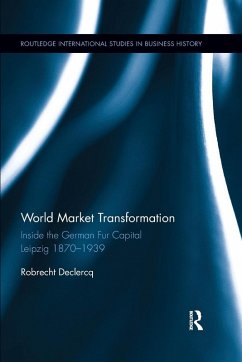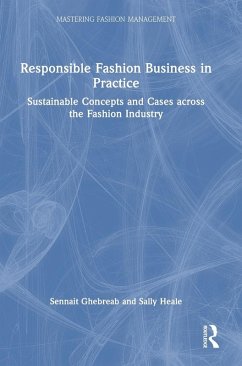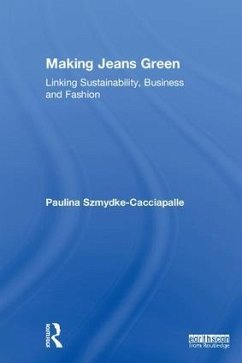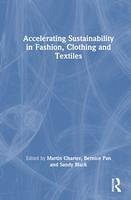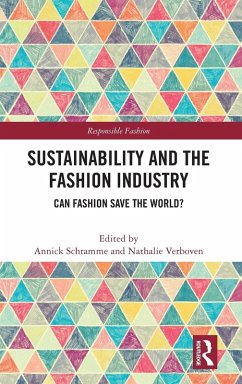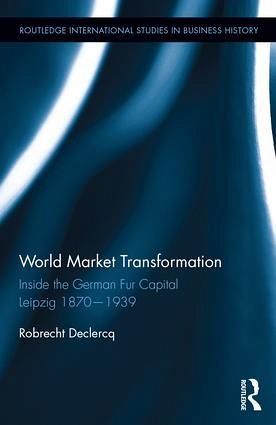
World Market Transformation
Inside the German Fur Capital Leipzig 1870 and 1939
Versandkostenfrei!
Versandfertig in 1-2 Wochen
185,99 €
inkl. MwSt.
Weitere Ausgaben:

PAYBACK Punkte
93 °P sammeln!
World Market Transformation examines the robustness of district firms within the highly volatile international fur business. This book examines how firm embeddedness not only served to overcome challenges related to industrialisation, but also strengthened the abilities of cluster firms to deal with changing world market circumstances.




